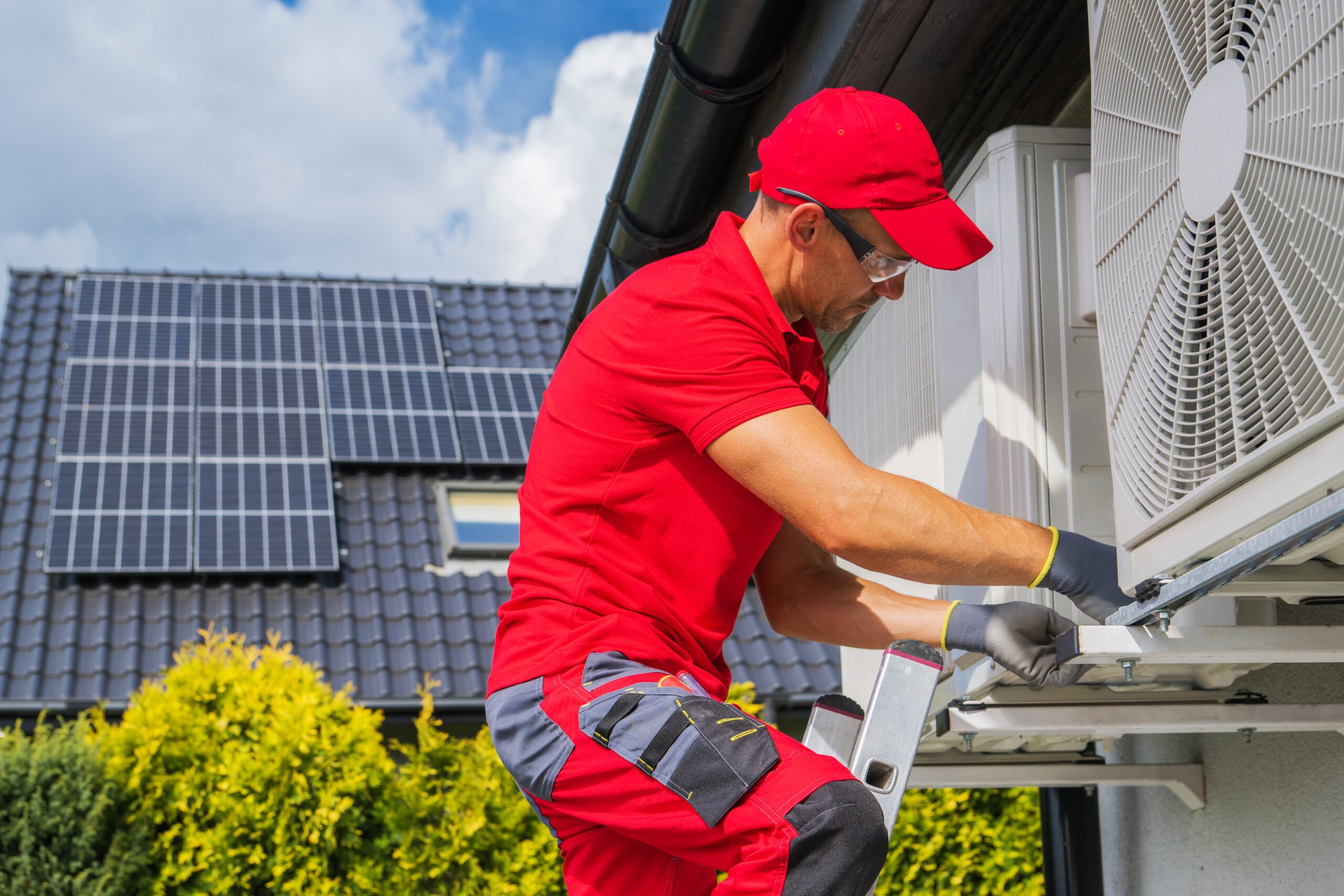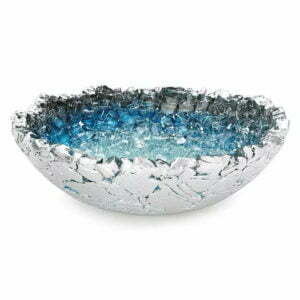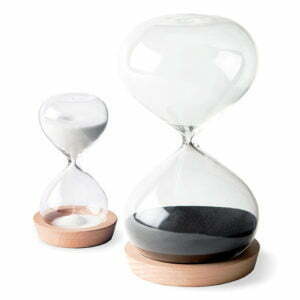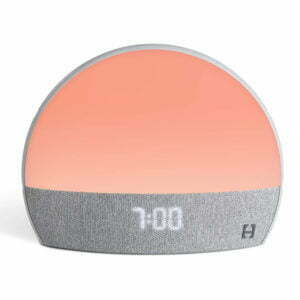Keeping your home comfortable and energy-efficient requires periodic maintenance of your HVAC system. Whether it’s the heat of summer or the chills of winter, a well-maintained HVAC unit ensures that your home remains an oasis of comfort. Regular maintenance not only extends the lifespan of your system but also helps you detect issues early on, saving costly repairs in the long run. The good news is you don’t need to be an expert to keep your system running smoothly. In this article, we shall delve into how you can keep your HVAC system in optimum condition, handling both simple tasks and when to call for professional assistance.
Understanding Your HVAC System
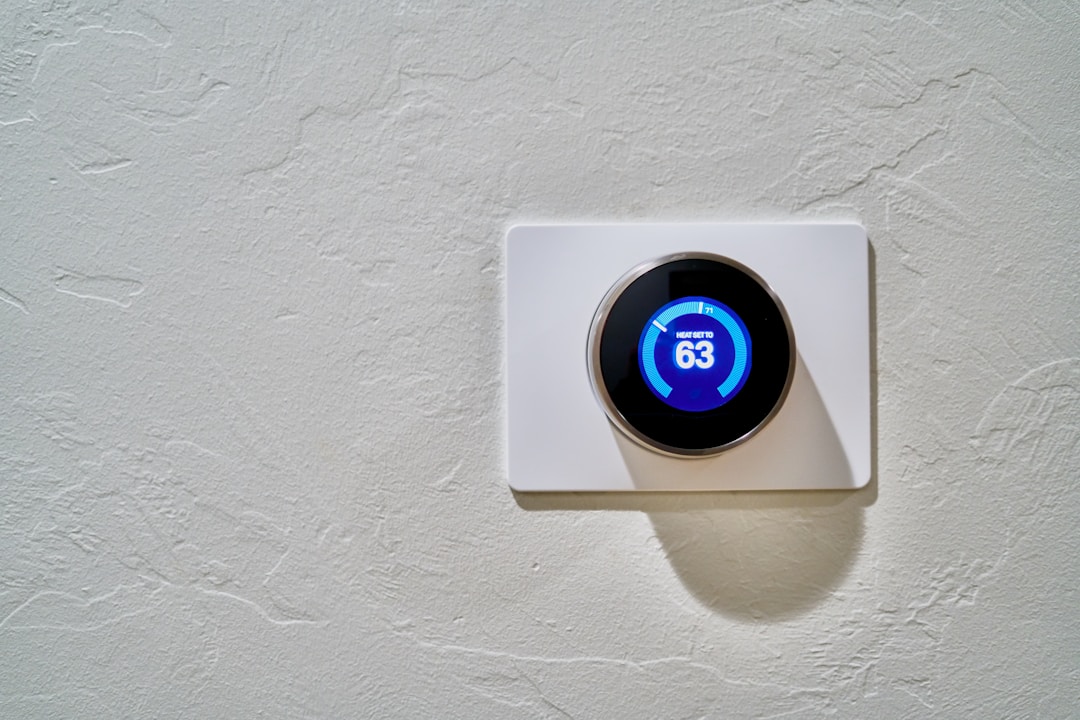
Understanding what makes up your HVAC system is key to its proper maintenance. Your HVAC system, an acronym for Heating, Ventilation, and Air Conditioning, is a complex network of components working in harmony to ensure your home is comfortable all year round. This may include air conditioners, heat pumps, furnaces, and various types of ventilation components that help circulate the conditioned air within the house.
Familiarity with your specific HVAC system allows you to carry out routine checks with confidence. It is worth noting that every system has a unique design depending on the climatic conditions, your home’s size, and personal preferences. Therefore, always refer to your manufacturer’s guidelines for the best practices for your specific model.
Although regular check-ups are relatively straightforward, it’s crucial to get familiar with your system. Remember, approaching an HVAC system with a DIY mentality without proper knowledge can cause more harm than good. It’s times like this when professional help from an HVAC company like Summers PHC in Marion should be sought to avoid inflicting irreparable damage.
Seasonal HVAC Maintenance Tips
Seasonal maintenance plays a crucial role in maintaining your HVAC system’s efficiency. Your HVAC system requires different attention as the season progresses. Before every summer or winter commences, ensure your cooling or heating systems are ready to take on the upcoming temperature changes.
Dusting off, cleaning air filters, or replacing them where necessary are simple yet crucial. Neglecting such procedures might lead to inefficiencies that may culminate in higher energy bills or even damage to the system over time. If you’re unsure how to carry out the procedures, seek assistance from seasoned professionals like those at Summers PHC.
Also, scheduling a professional tune-up each year can help ensure proper operation. This presents an opportunity for experienced technicians to spot any budding issues that you might have overlooked. As a rule of thumb, professional maintenance should be done after every six months. You may schedule this ideally just before the onset of winter and summer to have your system in prime condition for the rigorous duty ahead. However, if your system shows signs of inefficiencies or breaks down, contact an HVAC technician immediately for repair or advice.
Preserving your HVAC system over the long haul requires a balance between regular checkups and periodic professional inspections and repairs.
The Importance of Cleaning and Replacing Air Filters
The air filter in your HVAC system is a tiny component with a significant role. It filters out dust particles, allergens, and other contaminants from the circulated air, providing quality and clean air for your family. However, its noble duty exposes it to a gradual build-up of contaminants over time, which restricts airflow and consequently strains the system.
Depending on the filter type, cleaning or replacement might be necessary. Cleaning reusable filters is usually a simple DIY task involving light brushing or vacuuming. Care must be taken to avoid damaging the filter in the process, or you’d have to replace it.
On the other hand, non-reusable filters require replacement once they are dirty. Typically, most manufacturers recommend a 1 to 3-month interval, depending on the system usage. Nonetheless, checking the state of your filter monthly helps gauge when replacement is necessary. If you’re doubtful about your air filter condition or how to replace it, don’t hesitate to seek professional help.
Regular Inspection of HVAC Components
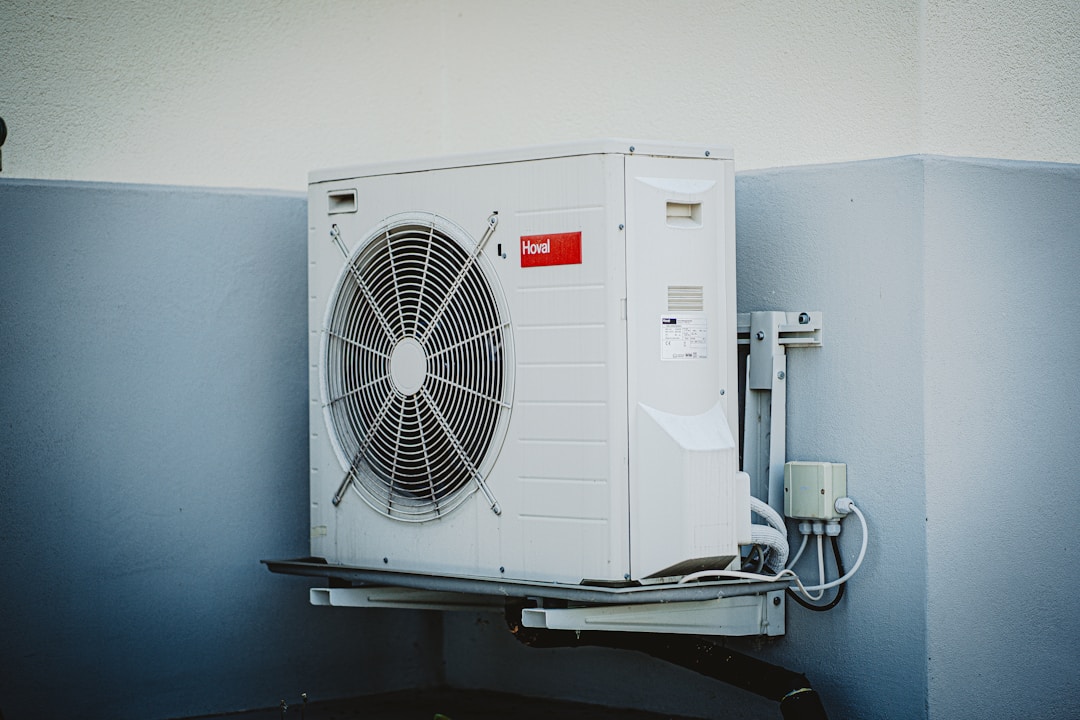
Different HVAC components require routine checkups to affirm their proper functioning. These include the thermostat, coils, condensers, ductwork, and the ventilation system. Regular inspection of such components has several benefits. It helps prevent minor issues from escalating into significant problems, extends the lifespan of your system, and enhances your home’s energy efficiency.
The thermostat, for instance, controls the temperature regulation of your HVAC system. A faulty thermostat might lead to improper heating or cooling, leading to discomfort. Simple tasks like ensuring the thermostat displays the right temperature or checking if it responds correctly to adjustments often solve common challenges.
The coils and condensers are also critical components lying within the exterior unit. Check for any debris around or within these components and clean accordingly. If you’re unsure about cleaning these parts, you can outsource this duty to experienced HVAC technicians.
Ensuring Proper Ventilation
Proper ventilation is integral to the efficient functioning of your HVAC system. The ventilation components ensure moisture regulation, eradicate pollutants, and maintain air movement for your home’s perfect indoor air quality. Therefore, your home’s ventilation should be in top condition to perform these functions efficiently.
Ensure that the system ductwork is clean and free from any form of leakage. Dirt and leakages are common issues that impair the effectiveness of your ventilation. Occasionally inspecting the ductwork allows you to spot and address these issues promptly.
Also, never block your home’s vent. This might be intentional or unintentional, especially when you move furniture around. Such actions impede the efficient flow of air, strain your HVAC system, and hamper energy efficiency.
Pitfalls to Avoid in HVAC Maintenance
As you strive to maintain your HVAC system, certain pitfalls might compromise your efforts. Some of these include neglecting regular maintenance, attempting DIY solutions on complex issues, and procrastinating repairs. Avoiding these pitfalls strengthens your HVAC maintenance regime.
Regular maintenance is mandatory, not optional. It’s all too common for homeowners to overlook HVAC maintenance until the system performance starts to dwindle or fails entirely. By sticking to a regular maintenance schedule, you not only preserve the longevity of your unit but also ensure it functions efficiently.
In your pursuit to cut maintenance costs, it’s not advisable to solve complex HVAC issues from a DIY perspective. Simple tasks like filter cleaning or replacement and basic inspection may be manageable. Still, sometimes, technical issues such as coil cleaning or checking refrigerant levels might require a professional’s touch. Trying to handle these issues yourself may likely do more harm than good and ultimately cost more to fix.
Lastly, never procrastinate on repairs. A minor HVAC issue not addressed in good time has the potential of escalating into a significant and costly problem. If you suspect any abnormal operation in your HVAC system, seek professional help immediately.
Overall, maintaining your home’s HVAC system requires a blend of regular checks complemented by professional maintenance. By understanding your system, conducting regular checks, replacing air filters timely, and steering clear of maintenance pitfalls, you are set to enjoy a seamless and efficient operation of your HVAC system. The additional professional care offered by expert HVAC technicians can ensure that your heating and air conditioning system is always at its optimal performance, guaranteeing you year-round comfort.

